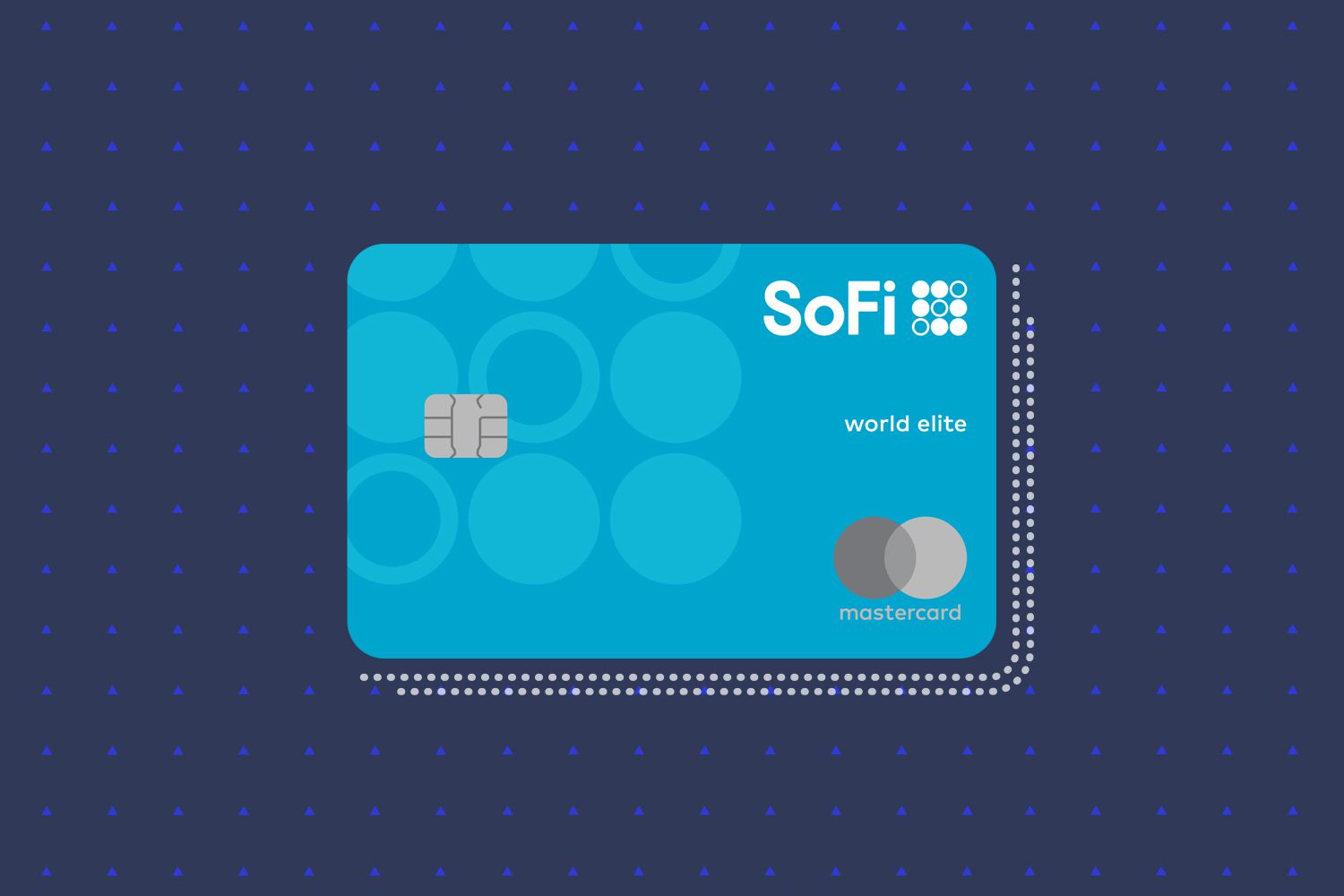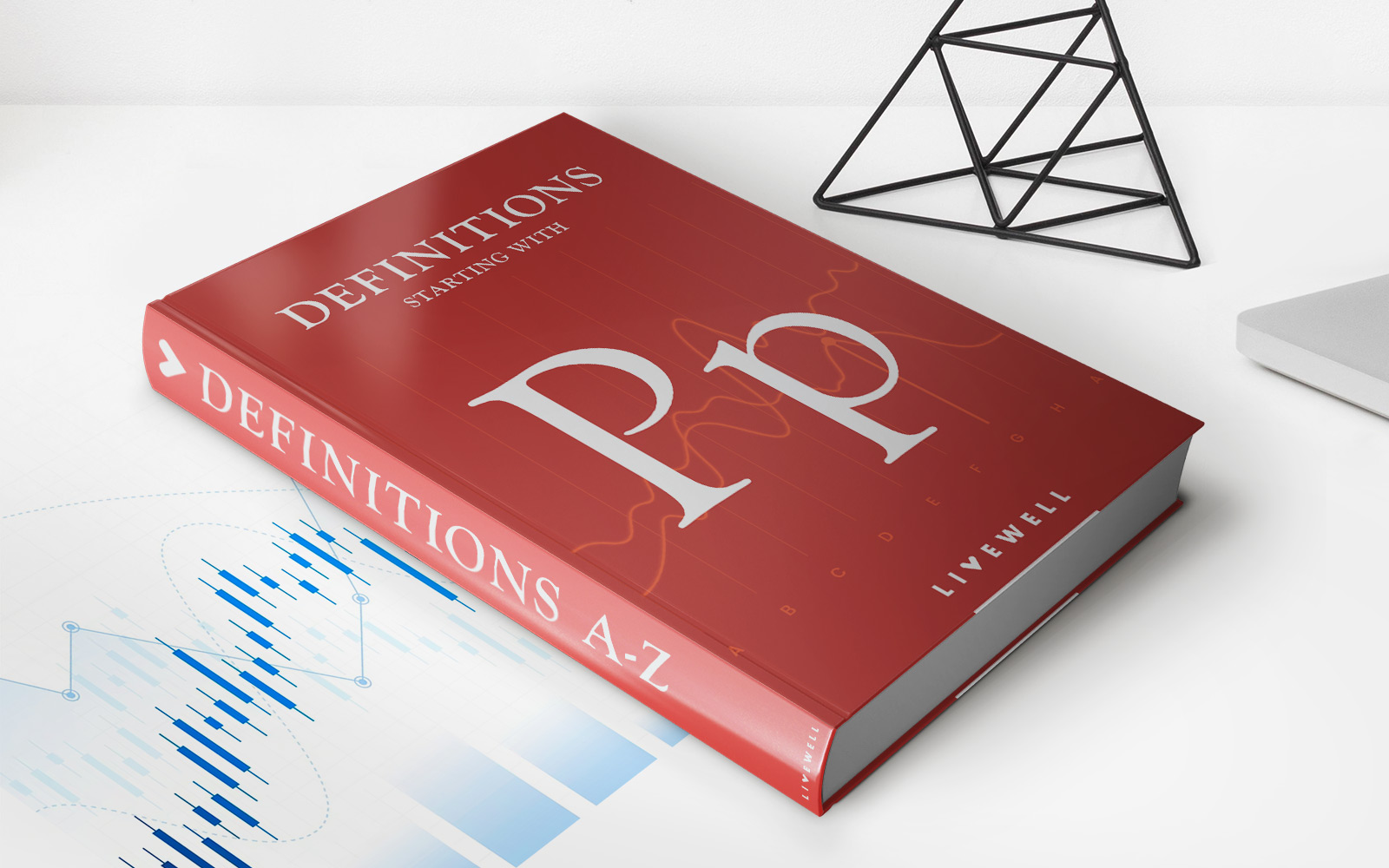

Finance
Which Credit Bureau Does Citibank Pull
Published: March 3, 2024
Find out which credit bureau Citibank pulls from when you apply for a credit card or loan. Understand how this affects your credit score and financial decisions.
(Many of the links in this article redirect to a specific reviewed product. Your purchase of these products through affiliate links helps to generate commission for LiveWell, at no extra cost. Learn more)
Table of Contents
Introduction
Understanding the Role of Credit Bureaus in Financial Transactions
When it comes to financial matters, credit bureaus play a pivotal role in determining an individual’s creditworthiness. These agencies collect and maintain vast amounts of data related to consumers’ credit activities, which are then utilized by lenders, such as banks and credit card companies, to assess the risk associated with extending credit to a particular individual. This assessment is a critical component of the decision-making process for these financial institutions, as it directly impacts the terms and conditions under which credit is offered.
One of the most renowned credit bureaus is Equifax, which has been operating for over a century, providing comprehensive credit information and financial insights to businesses and consumers. Experian is another prominent player in the credit reporting industry, offering a wide array of services to assist individuals in managing and improving their credit scores. TransUnion, the third major credit bureau, also plays a significant role in providing credit-related information to businesses and consumers, contributing to informed financial decisions.
Understanding the functions and significance of credit bureaus is essential for individuals seeking to navigate the complex landscape of personal finance. In this article, we will delve into the specific credit bureau that Citibank pulls information from when evaluating credit applications. By gaining insight into Citibank’s credit bureau usage, individuals can make informed decisions and take proactive steps to manage their credit profiles effectively.
Understanding Credit Bureaus
Credit bureaus, also known as credit reporting agencies, are entities that gather and maintain financial information about individuals. This information encompasses an individual’s borrowing history, repayment behavior, credit utilization, and other relevant financial activities. The primary function of credit bureaus is to compile this data and generate credit reports and scores, which are then utilized by lenders and financial institutions to evaluate an individual’s creditworthiness.
Equifax, Experian, and TransUnion are the three major credit bureaus in the United States. Each of these bureaus collects and maintains unique datasets, resulting in variations in the credit reports and scores they generate. Despite these differences, the fundamental purpose of these credit bureaus remains consistent: to provide accurate and comprehensive credit information to facilitate informed lending decisions.
Credit reports contain detailed information about an individual’s credit history, including the types of credit accounts held, outstanding balances, payment history, and any derogatory marks such as late payments or defaults. Additionally, credit reports may include public records such as bankruptcies, tax liens, and civil judgments, which can significantly impact an individual’s creditworthiness.
Credit scores, derived from the data within credit reports, provide a numerical representation of an individual’s credit risk. These scores are utilized by lenders to assess the likelihood of an individual defaulting on their financial obligations. A higher credit score indicates lower credit risk, making the individual more favorable to lenders, while a lower credit score may result in less favorable terms or even denial of credit.
Understanding the role of credit bureaus and the information they compile is crucial for individuals aiming to maintain healthy credit profiles. By monitoring their credit reports and scores, individuals can identify inaccuracies, detect potential identity theft, and take proactive measures to improve their creditworthiness.
Citibank’s Credit Bureau Usage
Citibank, a prominent financial institution with a global presence, relies on credit reports and scores obtained from various credit bureaus to assess the creditworthiness of individuals applying for credit products. When an individual submits an application for a credit card, loan, or other financial products offered by Citibank, the bank initiates a credit check to evaluate the applicant’s financial history and creditworthiness.
It is important to note that Citibank may pull credit information from one or more of the major credit bureaus, including Equifax, Experian, and TransUnion. The specific credit bureau from which Citibank obtains credit data may vary based on several factors, including the applicant’s geographic location, the type of credit product applied for, and Citibank’s internal policies and preferences.
By accessing credit reports and scores from these bureaus, Citibank gains valuable insights into an applicant’s credit history, outstanding debts, payment behavior, and overall financial responsibility. This information enables Citibank to make informed decisions regarding the approval, terms, and credit limits associated with the financial products it offers.
For individuals seeking to apply for credit products with Citibank, it is essential to recognize the significance of maintaining healthy credit profiles across all major credit bureaus. By proactively managing their credit history, making timely payments, and effectively managing their debts, individuals can enhance their creditworthiness and increase their likelihood of approval for Citibank’s financial products.
Understanding Citibank’s credit bureau usage empowers individuals to take strategic steps to improve their credit standing, thereby increasing their eligibility for a wide range of credit offerings provided by this esteemed financial institution.
Factors Influencing Credit Bureau Pulls
Several factors influence the credit bureau from which a financial institution like Citibank pulls credit information when evaluating credit applications. Understanding these factors can provide individuals with valuable insights into the credit evaluation process and empower them to make informed decisions regarding their financial activities.
Geographic Location
The geographic location of an individual applying for credit can significantly impact the credit bureau from which Citibank pulls credit data. Different regions may have varying preferences or regulations regarding credit reporting agencies, leading to differences in the bureaus utilized for credit assessments.
Type of Credit Product
The specific type of credit product being applied for can also influence the choice of credit bureau. For instance, Citibank may have distinct preferences for credit cards versus personal loans, leading to variations in the credit bureaus from which they obtain credit information based on the type of credit product in question.
Lender Preferences and Policies
Citibank’s internal policies and lender preferences play a crucial role in determining the credit bureau pulls. The bank may have established relationships with specific credit reporting agencies or may prioritize the utilization of certain bureaus based on historical performance or data accuracy.
Regulatory Requirements
Regulatory requirements and industry standards also influence credit bureau pulls. Compliance with relevant regulations and adherence to industry best practices may dictate the choice of credit reporting agencies utilized by Citibank for credit evaluations.
Comprehensive Credit Assessment
In some cases, Citibank may opt to pull credit information from multiple credit bureaus to conduct a comprehensive assessment of an applicant’s creditworthiness. This approach allows the bank to gain a more holistic view of an individual’s credit history and financial behavior, leading to more informed lending decisions.
By considering these factors, individuals can gain a better understanding of the dynamics influencing credit bureau pulls and tailor their financial management strategies to enhance their credit profiles across all major credit reporting agencies.
Conclusion
In conclusion, credit bureaus serve as vital repositories of financial information, playing a pivotal role in shaping individuals’ access to credit and financial opportunities. Understanding the operations of credit bureaus, including Equifax, Experian, and TransUnion, is essential for individuals seeking to navigate the intricacies of personal finance. These agencies compile comprehensive credit reports and scores, which are utilized by financial institutions like Citibank to evaluate credit applications and make informed lending decisions.
When applying for credit products with Citibank, individuals should be cognizant of the bank’s reliance on credit information obtained from various credit bureaus. The specific bureau from which Citibank pulls credit data may vary based on geographic location, the type of credit product applied for, and Citibank’s internal policies and preferences. By recognizing the factors influencing credit bureau pulls, individuals can take proactive steps to manage their credit profiles effectively and increase their eligibility for Citibank’s financial offerings.
Maintaining healthy credit profiles across all major credit bureaus is paramount, as it enhances individuals’ creditworthiness and improves their prospects of securing favorable terms and credit limits. By monitoring their credit reports, making timely payments, and managing their debts responsibly, individuals can position themselves for success when applying for credit products with Citibank and other financial institutions.
Ultimately, a deep understanding of credit bureaus and the factors influencing credit bureau pulls empowers individuals to take control of their financial destinies, paving the way for enhanced financial well-being and access to a myriad of credit opportunities.














